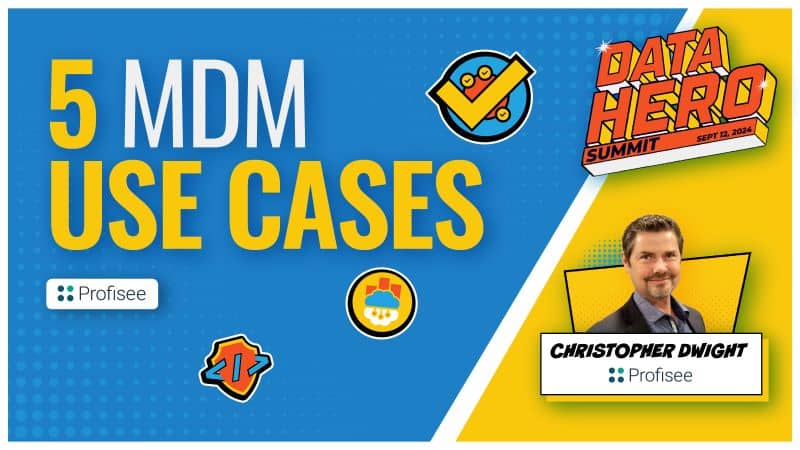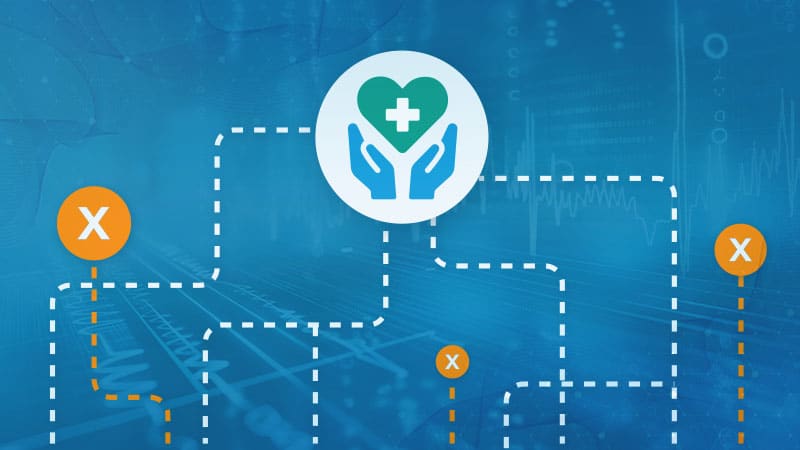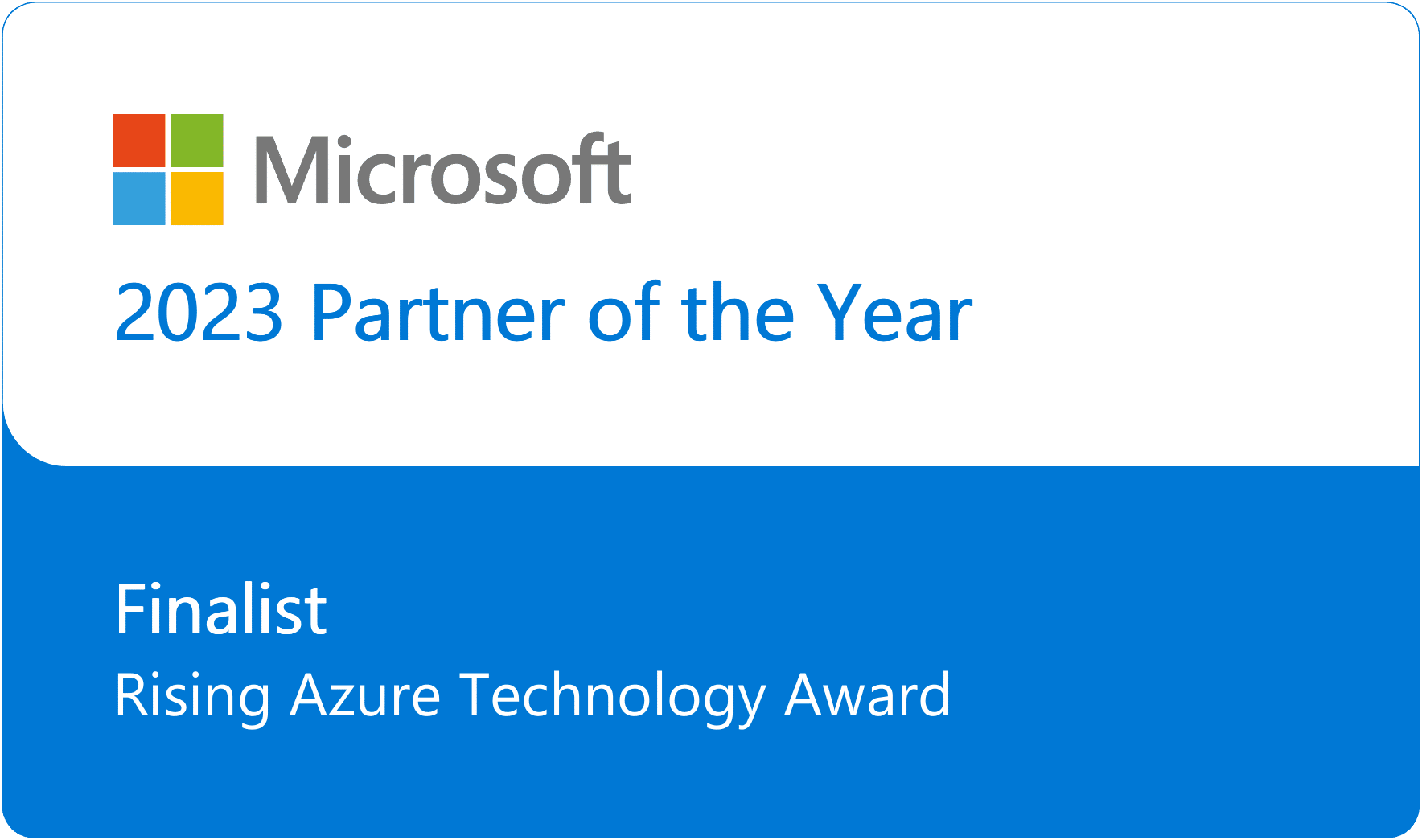Since the onset of the COVID-19 pandemic in 2020 and the impacts felt in the ensuing years, the healthcare industry has undergone many changes. Health systems, providers, payers, managed care organizations, teleservices programs, critical access hospitals, rural healthcare organizations, accountable care organizations, healthcare exchanges and more are all facing a common challenge: managing their provider data to offer the most timely and highest quality data.
Healthcare Master Data Management for Regulatory Compliance and Operational Efficiency
To provide consistent patient care and quicker turnaround for providers, they are facing internal pressure to streamline operations while improving data entry standards. Health systems are now required to provide information related to admissions, discharges and transfers accordingly with up-to-date standards. These recent changes are creating a shift in unifying data across the healthcare industry.
In addition to these challenges, organizations are striving to affordably integrate data from mergers and acquisitions. Not only does this strenuous process often take years to accomplish, it also requires organizations to develop numerous workflows as growth continues.
This adds the challenge of providing accurate and efficient access to said data through clear reporting across disparate systems. Because healthcare organizations need a “single source of truth” for their provider data that is easily available and accessible across their organization, master data management (MDM) can help.
Benefits of Healthcare Master Data Management
As the healthcare industry shifts its focus more to data management, it is impossible to ignore the massive impact that MDM in healthcare has when alleviating the tedious process of cleaning, unifying and aggregating data across multiple domains.
But many healthcare providers often start with managing their provider MDM first to condense their critical provider information into a single source of truth that benefits stakeholders while meeting their healthcare clients’ critical needs. Provider data remains the most widely demanded type of data. Serving as a centralized data source, provider master data provides healthcare organizations with several benefits including:
- Cost savings
- Improved data quality
- The elimination of federal, state and accreditation fines and penalties
Specifically, provider master data can act as a centralized data source of the following and more:
- Streamlining the onboarding processes for healthcare providers by provisioning access to applications and services required to provide patient care identifying and managing providers associated with Accountable Care Services
- Providing a centralized and standardized data source to data warehouses and data lakes for enterprise-wide reporting and analytics
- Acts as the key source for data associated with the external marketing websites and internal clinical directories while simultaneously lowering the cost for operations
- Becomes the simplified source for Healthcare Information Exchanges and federal interoperability compliance requirements
- Identifies and predicts gaps in future gaps in patient care by identifying Physician Recruitment gaps
Master data management helps healthcare providers identify gaps in care and expand care access to vulnerable populations in rural settings.
Key Competitive Advantages of Healthcare MDM
Competitive healthcare organizations continue to implement MDM to improve their data strategy and care delivery. This provides them with a full-spectrum view of their provider and patient data with a way to centrally manage all their critical information. And leveraging a multidomain MDM platform gives healthcare organizations the flexibility to manage their providers, members/patients and payors within a single platform. In today’s data-driven healthcare landscape, organizations that leverage their healthcare data as a strategic asset are able to:
- Reduce costs
- Drive performance
- Develop predictive models
- Increase regulatory response time
How MDM Propels Healthcare
When breaking down the components of MDM’s overall impact on the healthcare industry, it comes down to 3 distinct benefits: improving clinical care, managing complex values and executing predictive analytics. By predicting gaps in clinical care with MDM, healthcare organizations can find opportunities for improvement within their network while also expanding access to care for vulnerable populations.
MDM’s management capabilities allow for the successful management of a plethora of complex information pertaining to patients, referrals, degrees, populations, and more. This then ties into predictive analytics which expands partnership opportunities through collaboration with local, state, and national healthcare information exchanges delivering data faster.
MDM in Healthcare is the Optimal Approach for Provider Data
Master data management is the smarter approach for healthcare providers and networks to manage their increasingly complex and disparate provider data.
That is why we have created an in-depth guide breaking down how MDM can help healthcare organizations improve their operational efficiency, identify gaps in clinical care and ultimately improve the health outcomes of their patients and members. Download your copy of the Provider Master Data Management for Healthcare guide today to learn how you can quickly implement MDM into your healthcare operations.
Interested in learning more? Download a full copy of the guide below.

Forrest Brown
Forrest Brown is the Content Marketing Manager at Profisee and has been writing about B2B tech for eight years, spanning software categories like project management, enterprise resource planning (ERP) and now master data management (MDM). When he's not at work, Forrest enjoys playing music, writing and exploring the Atlanta food scene.















